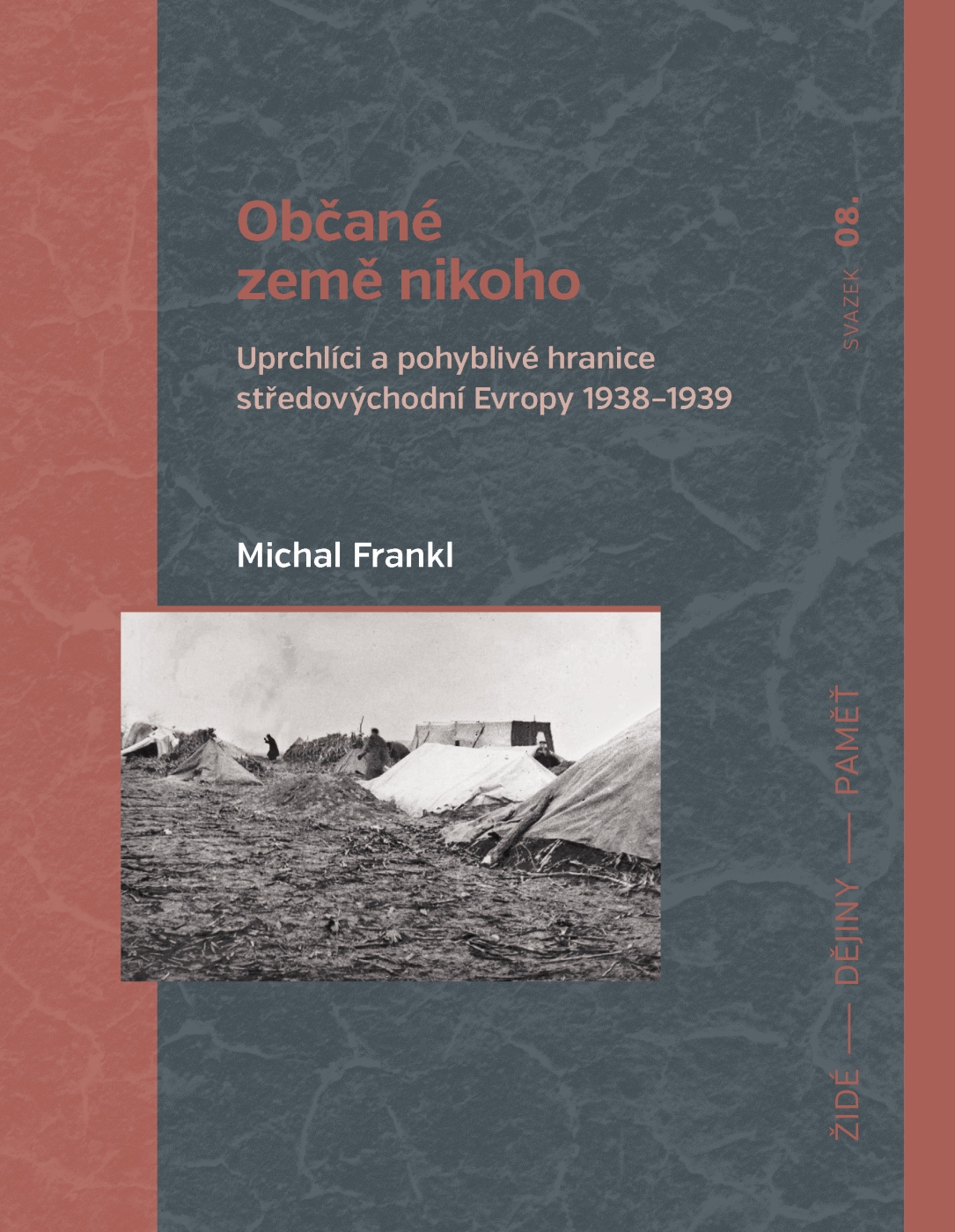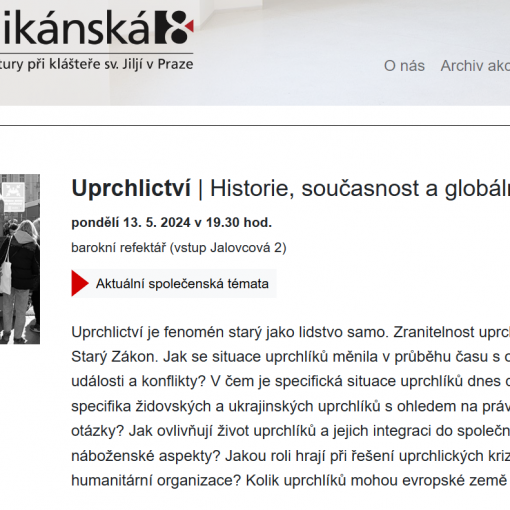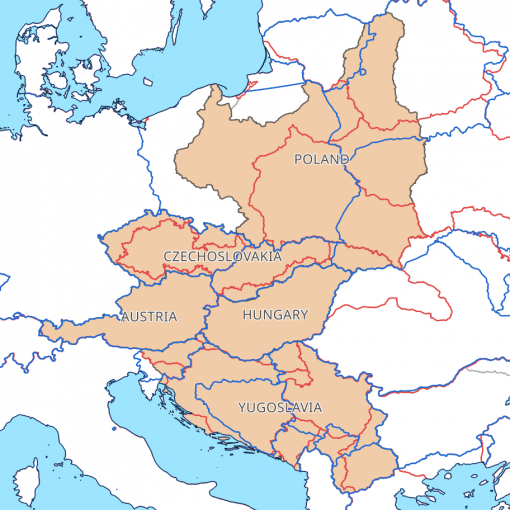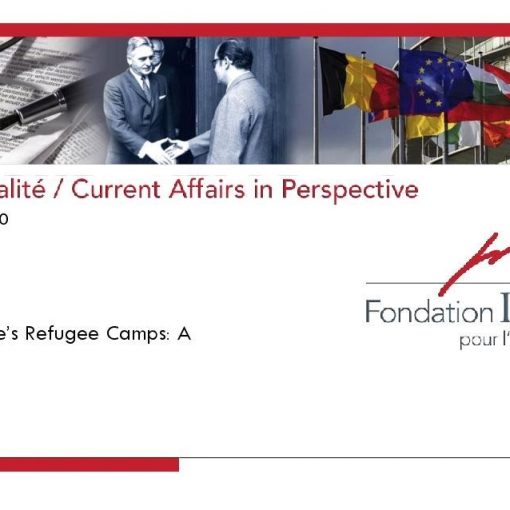
The Principal Investigator of the ERC Project Unlikely Refuge? Michal Frankl has published his book entitled Občané země nikoho. Uprchlíci a pohyblivé hranice středovýchodní Evropy 1938-1939 (in Czech, Citizens of No Man’s Land. Refugees and Moving Borders of East Central Europe, 1938-1939).
At the end of the 1930s, groups of Jewish refugees, driven from their homes, lived in muddy fields by the roadside, on a rusty barge on the Danube or in half-decayed factory buildings. These people were stranded in the “no man’s land”, the territory between national borders.
The book examines the emergence of a no-man’s land in Central Eastern Europe between the Anschluss of Austria in March 1938 and the beginning of the Second World War in September 1939. It provides a transnational account of the expulsion of people from Austria, Germany and Czechoslovakia, the policy of closed borders and its consequences.
No Man’s Land is being explored simultaneously with the mass deprivation of citizenship in Poland and Czechoslovakia, which particularly affected Jewish refugees who wanted to return to their own country. The expulsions from the territories of these states and the revocation of passports were closely linked and resulted in forced residence in a stateless area.
The book not only describes the horrific wandering and hopeless waiting of the displaced in no-man’s land, but also analyses the role of the state and humanitarian organisations in their plight. From isolated testimonies, it reconstructs the refugees’ experiences and possibilities for independent action, as well as the meanings attributed to No Man’s Land by contemporaries and later scholars.
While for the displaced, the forced stay in a space outside the state represented a terrifying experience of exclusion from society, for many others the existence of places and people outside the state remained unimaginable and incomprehensible.
Michal Frankl, Občané země nikoho: Uprchlíci a pohyblivé hranice středovýchodní Evropy 1938-1939 (Praha: NLN, 2023), 296 p.



